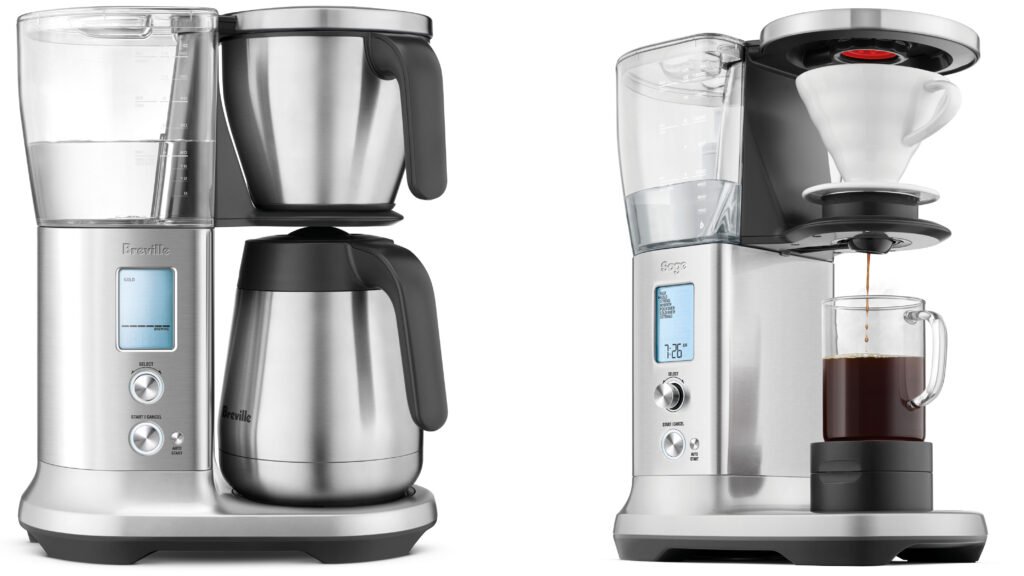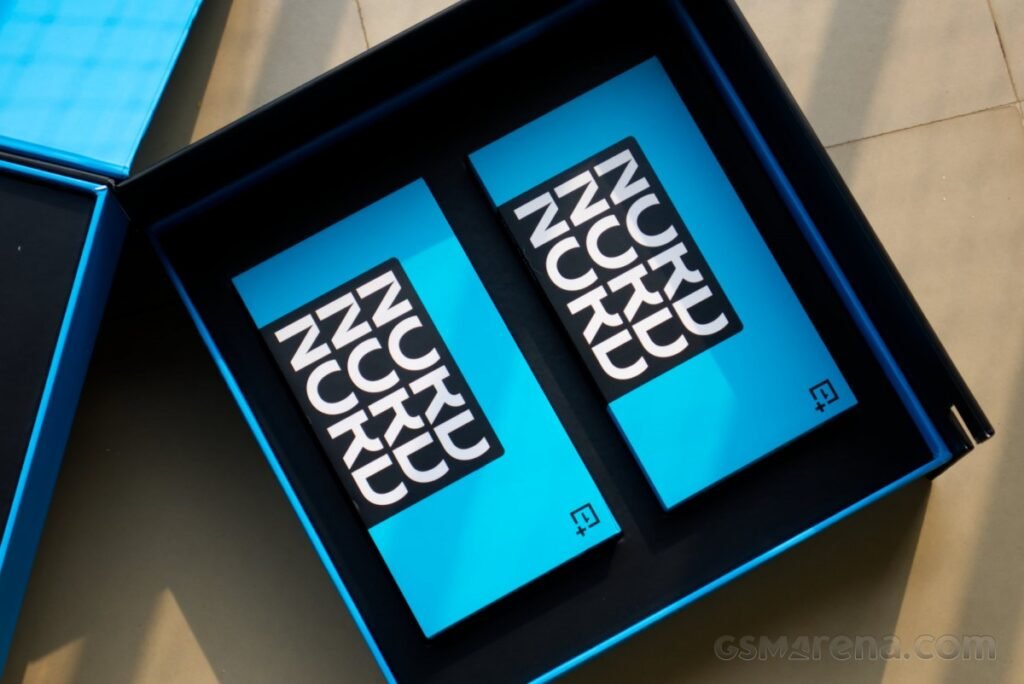Take a moment to think about how your day begins. Maybe it’s with an instant coffee, a slice of white bread, or a ready-to-eat breakfast bar. Most of us are racing against time, grabbing what’s quick and easy. However, those little conveniences come with a hidden cost. Additives, ultra-processed ingredients, and a sedentary routine may feel harmless. However, over time, they quietly raise the risk of lifestyle diseases like diabetes, high blood pressure, heart disease, obesity, and even certain cancers.
Simple Ways Ditching Food Additives Can Boost Your Health
1. Read Labels Like a Detective
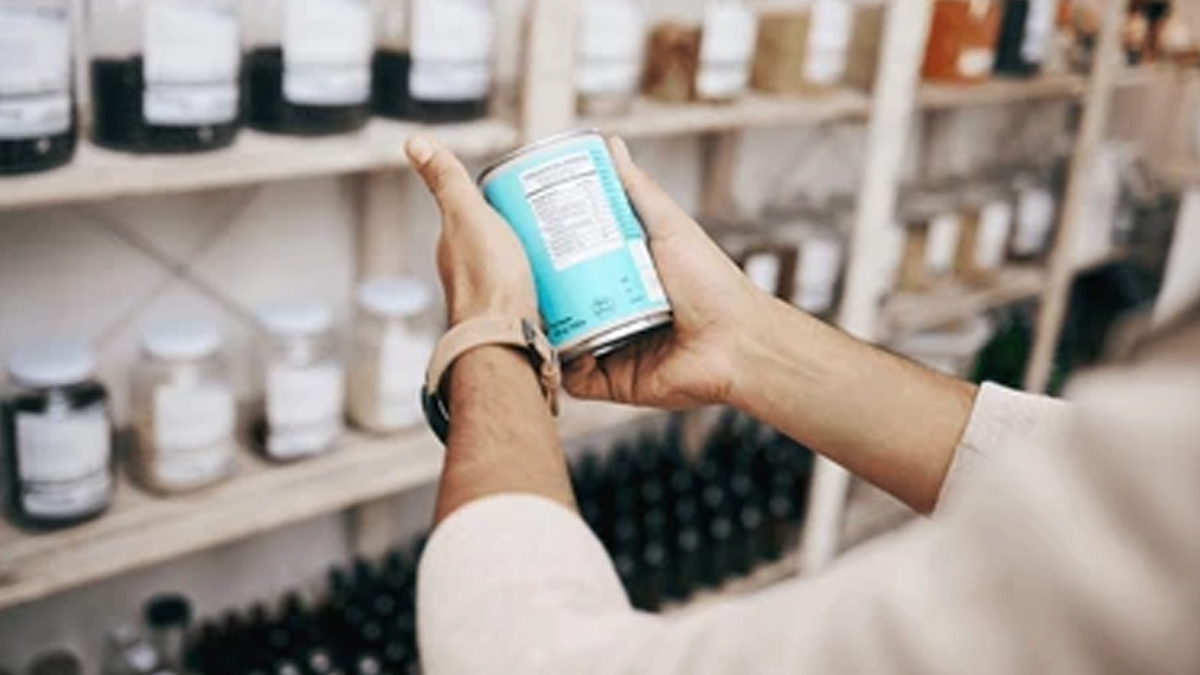
Food labels can be sneaky. That ‘healthy’ granola bar? It might be packed with hidden sugars, trans fats, and preservatives. Get into the habit of flipping the pack around. Ingredients are listed in descending order, so if sugar, glucose syrup, or hydrogenated oils are at the top, it’s a red flag. The fewer the ingredients, the better.
2. Cut Back on Ultra-Processed Foods
Ultra-processed foods are everywhere; ready-to-eat noodles, flavoured chips, frozen meals, sugary drinks, and packaged desserts. They’re not just calorie-dense, they also mess with your gut, blood sugar, and long-term health. A 2023 study highlights that high consumption of UPFs, often rich in such ingredients, is associated with increased risks of obesity and cardiometabolic diseases.
You don’t have to go full monk mode. Just aim for a few processed-free meals a week. Cook simple dishes at home using fresh veggies, grains, and basic spices. Think dal-rice, sautéed veggies, or a quick stir-fry.
Also Read: Is That Yellow Coloured Juice Safe? How Tartrazine In Packaged Drinks Could Harm Your Child’s Health
3. Don’t Fear Fat, But Choose Wisely
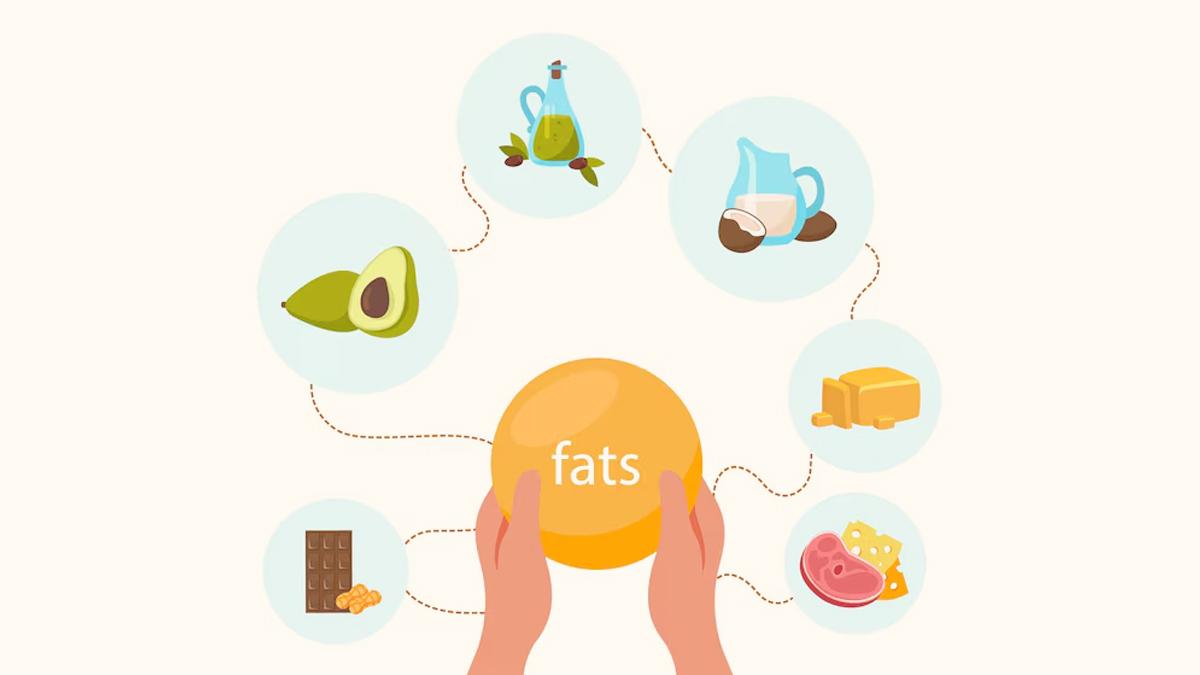
We’ve villainised fat for decades, but not all fats are bad. Focus on choosing the right types and sources. Switch to cold-pressed oils like mustard, coconut, or olive oil, and ditch refined oils and margarine. Enjoy natural fats like nuts, seeds, avocados, and traditional ghee in moderation for better heart and hormonal health.
4. Move in Micro-Doses
You don’t need to spend an hour at the gym to stay healthy. Movement in short bursts counts too. Take the stairs instead of the lift. Walk while taking phone calls. Stretch every hour if you’re desk-bound. Add 10–15 minutes of yoga, a brisk walk, or dancing around the room to your playlist.
5. Sleep Is Your Superpower
Burning the midnight oil feels productive until your body starts paying for it. Poor sleep affects everything from blood sugar and weight to mood and immunity. Aim for 7–8 hours of good-quality sleep. Keep screens away at least 30 minutes before bed, avoid caffeine after late afternoon, and build a night-time wind-down routine.
Also Read: Types Of Food Additives: Know How Does It Impact Your Health?
6. Stay Hydrated, But Skip the Sugar
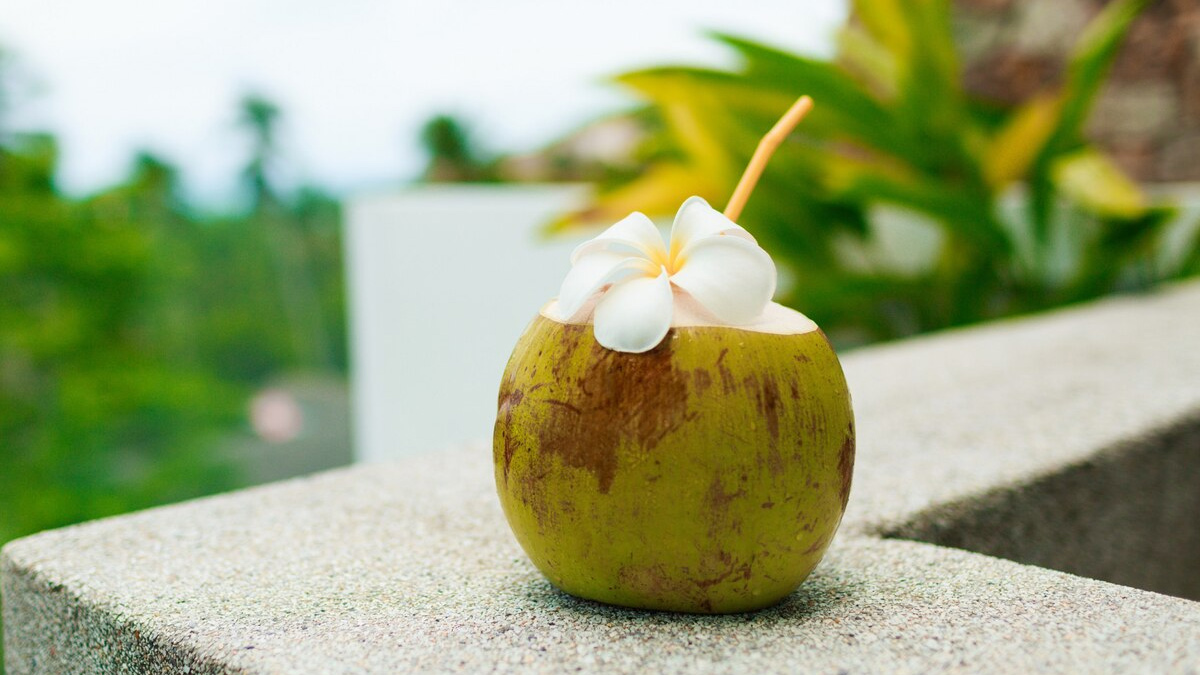
Staying hydrated is crucial, but the drink itself matters. Ditch sugary sodas, energy drinks, and even those sweetened ‘healthy’ options. They are loaded with hidden sugars and chemicals. Go back to basics: water, coconut water, nimbu-paani (with a pinch of rock salt), or even infused water with mint, cucumber, or lemon. Your skin, kidneys, and metabolism will feel the difference.
7. Stress Less, Laugh More
Chronic stress silently fuels lifestyle diseases, increasing inflammation and disrupting hormones. You can’t avoid stress, but you can decide how you react to it. Engage in activities, such as deep breathing, writing, art, therapy, or simply calling a friend. Don’t underestimate the power of a belly laugh or hanging out with people who make you feel good.
Bottomline
We often think of lifestyle diseases as inevitable with age, but they’re not. Many are preventable or reversible with consistent, mindful choices. And no, you don’t need to become a wellness influencer or go on expensive detoxes. Just start with awareness and compassion for your own body.
[Disclaimer: This article contains information for informational purposes only. Hence, we advise you to consult your professional if you are dealing with any health issue to avoid complications.]








